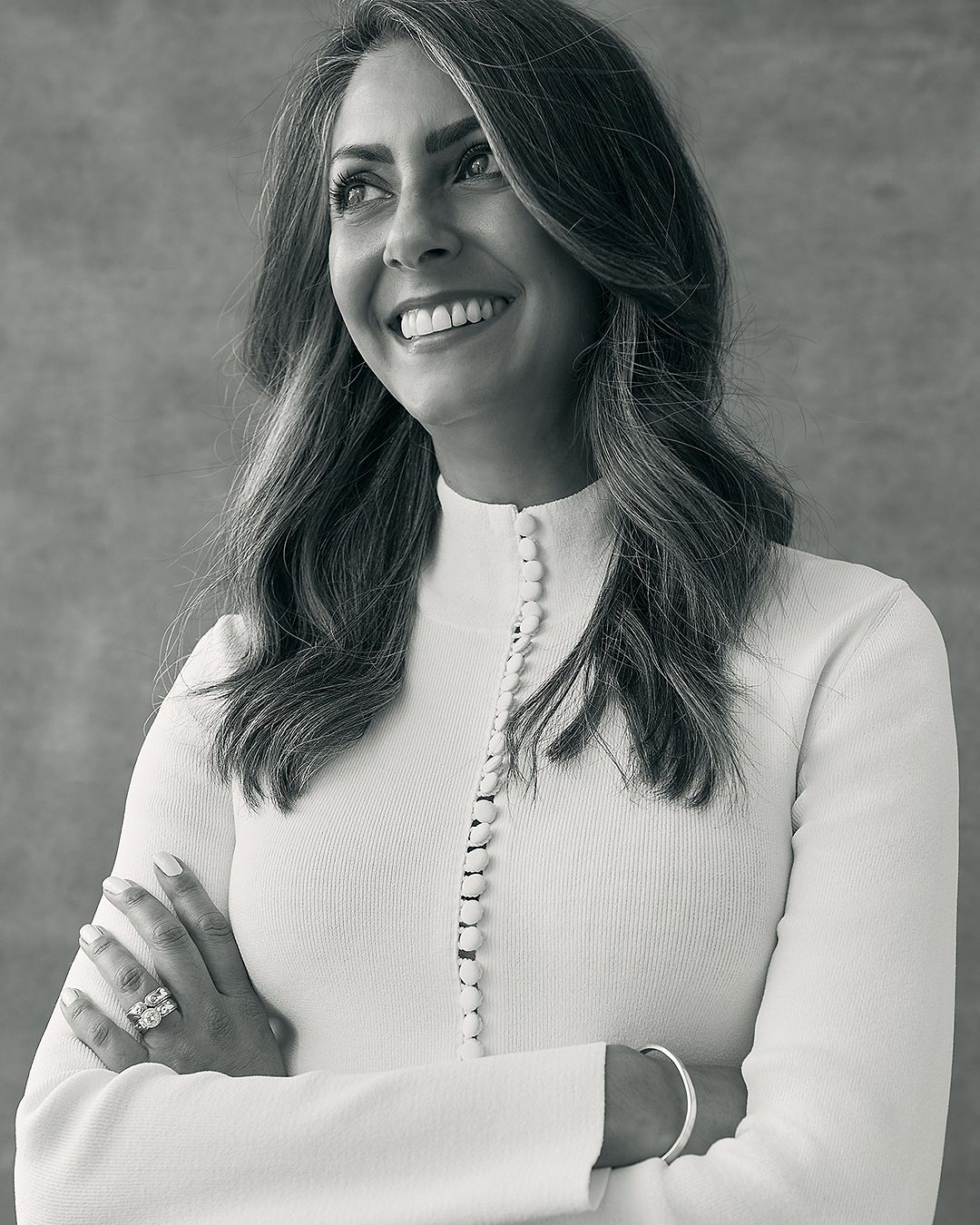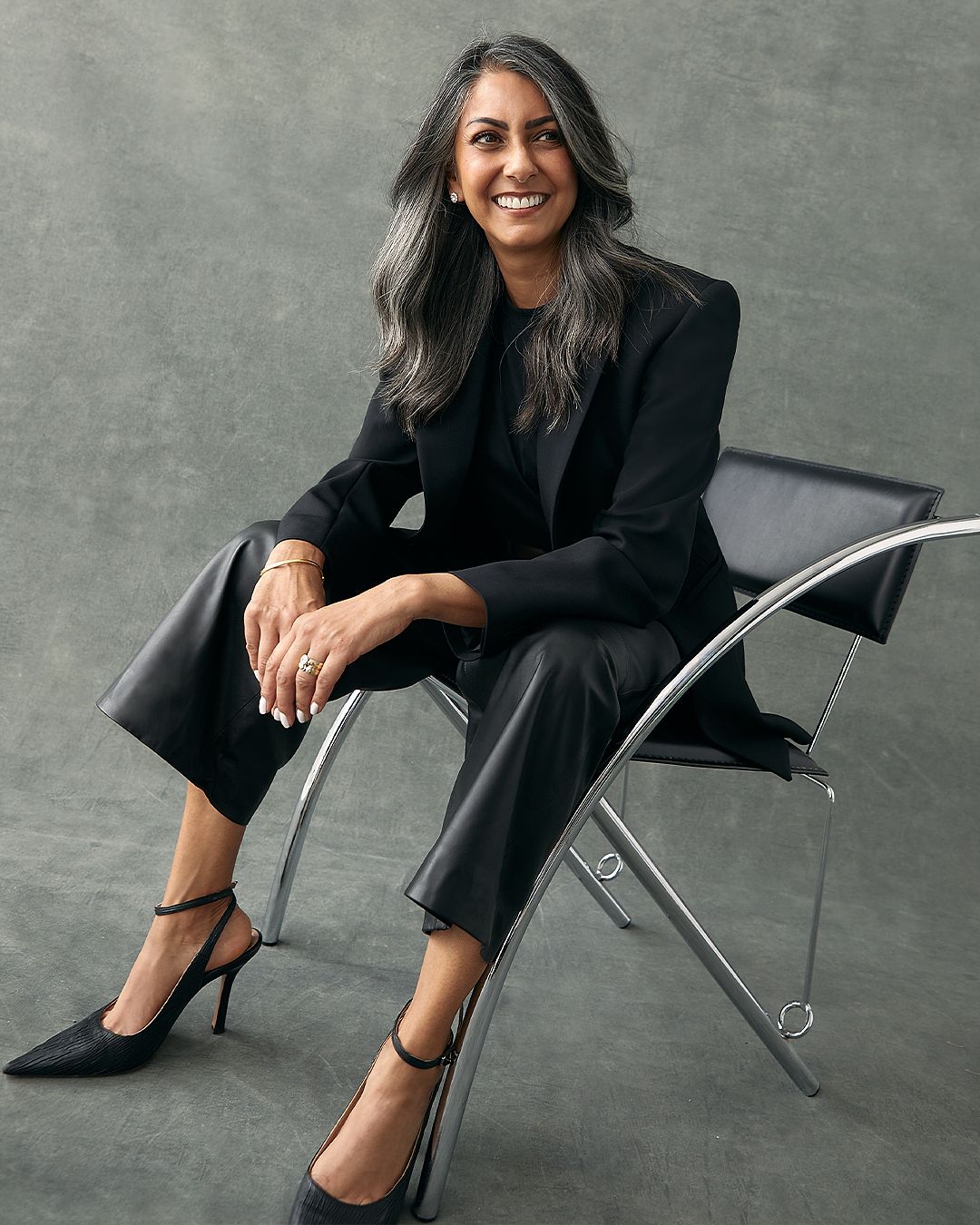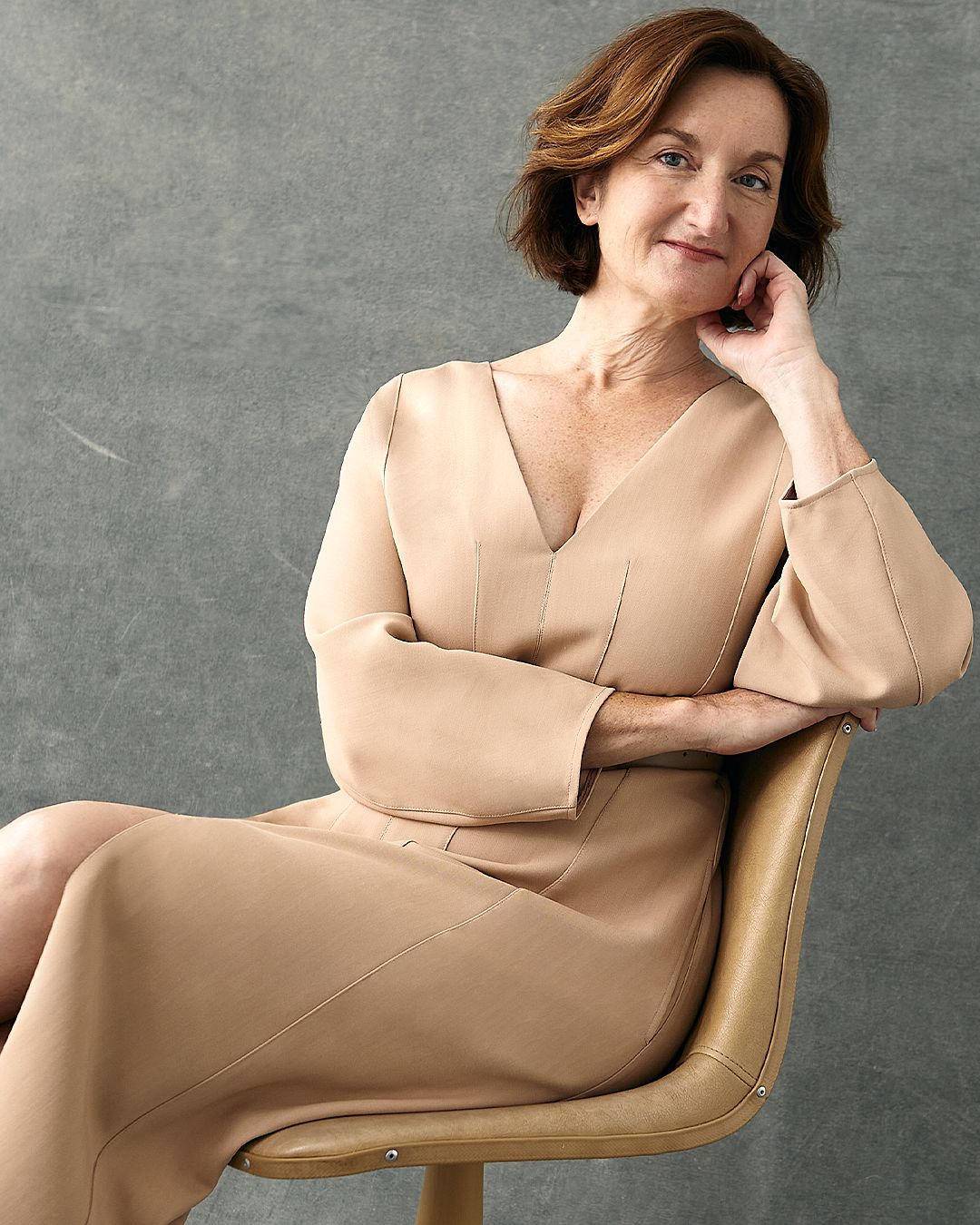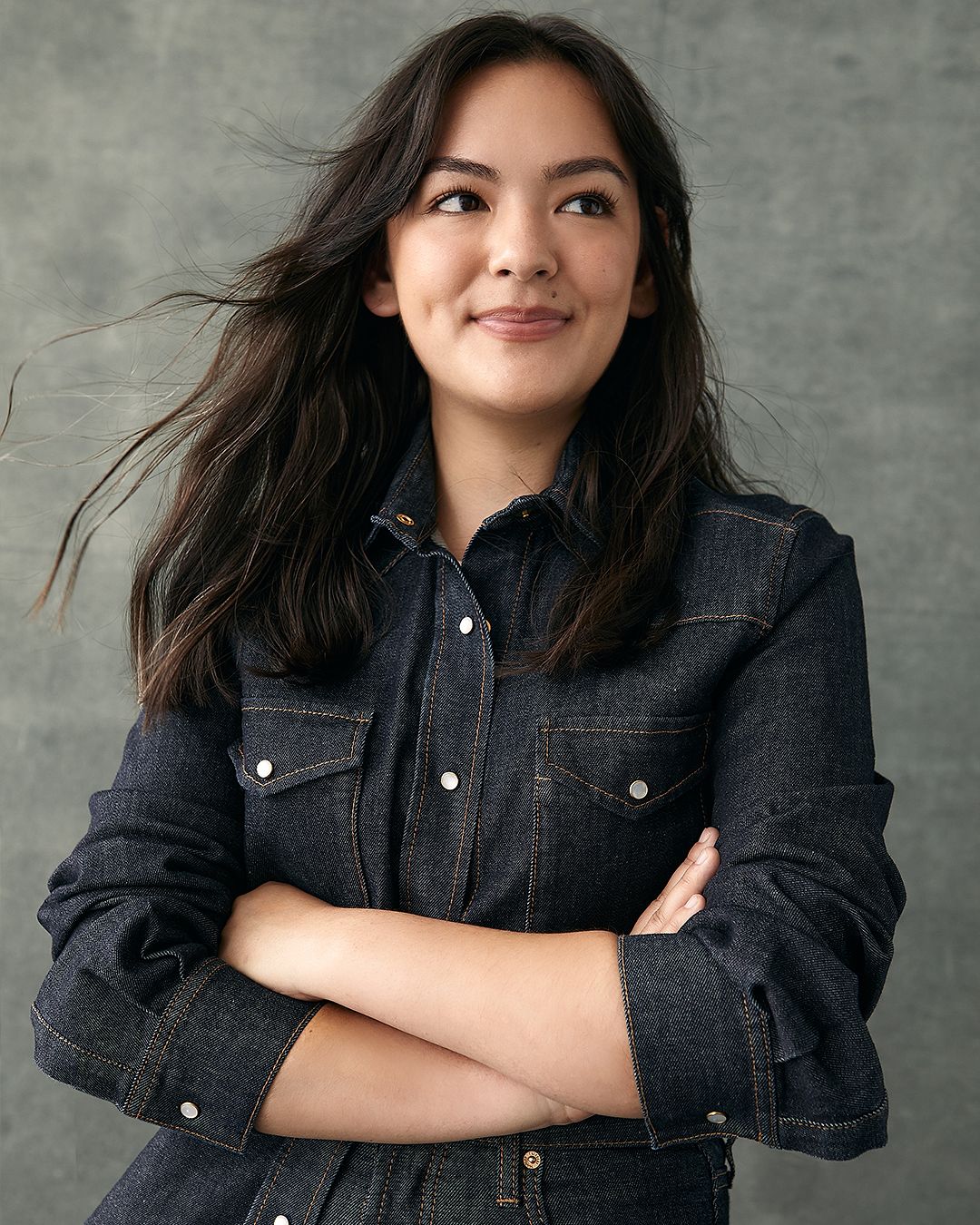In Scanlan International Women's Day
This International Women's Day, we pay homage to the formidable women in our community who inspire us with their stories of female empowerment.


Shirley Chowdhary, Executive and Board contributor across Indigenous education and the NFP sector
You have an incredibly diverse career. Please share with us how you started your career and the journey to your current roles.
My journey has been a combination of serendipity, circumstance, hard work and people who believed in me. When I started my legal career overseas I never thought about where I would end up long term or that one day I wouldn’t be working as a lawyer. Back then, I don’t think I spent much time planning.
In hindsight, I think the part of my career that I have appreciated the most has been the ability to pivot as circumstances required. For example, I had a long career break from law when my children were young so I could spend more time with them. Then when my husband wanted to be the full-time carer, I was given an incredible freedom to take on roles like CEO that were more demanding.
Now I am really fortunate to be doing lots of things I love. I Chair the Octadoc Advisory Board and am a Non-Executive Director at the Australian Associated Press. I also consult with companies on how they can create shareholder value that connects to impact and purpose (including Indigenous education), and am doing an array of speaking, mentoring and volunteering.
I am loving what I am doing now but who knows what’s next. I have one rule – say yes until there is reason to say no – so anything is possible!

Leisa Sadler, CEO of Dress for Success.
You are a successful senior executive and leader, how did your journey in this industry begin?
When I was first making decisions about my career, I was motivated by the desire to always be financially independent and to have the flexibility to travel. Having undertaken a business degree, I started working in the world of professional accounting, and for the largest period of time enjoyed senior management roles with International Media brands. A couple of years ago I found myself between corporate roles and I decided it was time to seize the opportunity and do what had been in the back of mind for a while, to use my experience to support social impact.
When I heard of the role at Dress for Success through a friend, I knew this was the organisation I wanted work in. The significant challenges that many women are facing, often caused by a simple turn of events, creating catastrophic impact, is sadly very real. What really appealed to me about Dress for Success is that the organisation exists to support women to support themselves, empowering them to change their future and achieve financial independence. For me this role feels like I can truly pay-it forward to help other women achieve a shared ambition of financial independence.


Grace Brown, Mechatronics engineering student, inaugural winner of Vogue Codes Future Innovators Award and team leader of Abi, an autonomous companion robot.
What are you hoping to achieve with Abi? Tell us about your inspiration and journey.
Abi is a social companion humanoid who can give hugs! She fundamentally aims to address a critical human need: companionship.
The idea to build a companion humanoid came to me at the start of the Covid19 pandemic. She was inspired by Baymax, the healthcare companion robot in Disney’s Big Hero 6. With guidance and mentorship from the Melbourne Space Program, Melbourne University academics, and industry leaders, I defined the technical scope of this project and recruited a multidisciplinary team of undergraduate and post-graduate engineering students to begin development. After working together for 6 months, one of my colleagues and I decided to spin our project into a robotics startup for healthcare to address the evident need for technological innovation in Australia’s aged-care sector.
I hope to see Abi utilised across all healthcare facilities in Australia, specifically in the aged care industry. We were all affected by the Covid19 outbreak; however, no sector felt the wrath of this pandemic more than our healthcare systems. The pandemic demonstrated the fragility of an overburdened healthcare system. I believe the widespread adoption of Abi will address these issues front on and alleviate the impact they have on our physical health and wellbeing.
Beyond this, Abi will be the first prototype of a universal humanoid for many other institutions, including schools, airports, shopping centres, and potentially space missions. The implications of this are endless.